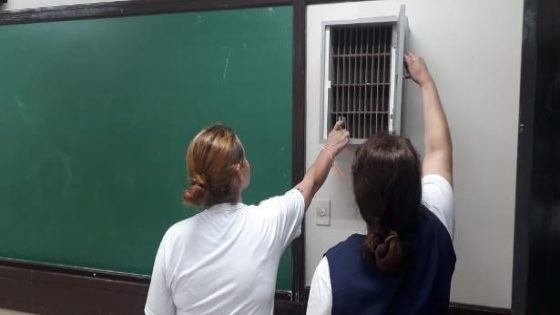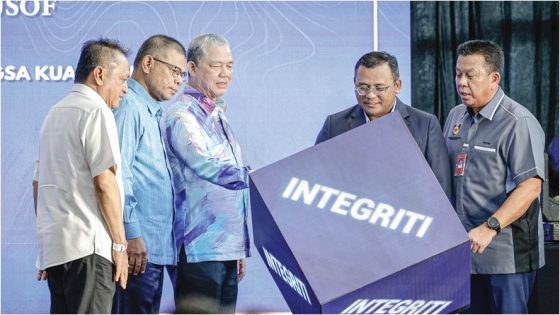On February 3, 2025, schools across Brazil are implementing a ban on cell phones in classrooms, aiming to enhance student focus and social interaction. But how will this change impact learning environments? As schools adapt, students are finding new ways to engage without their devices.
- Students store phones in lockers or classrooms.
- Positive student response to phone restrictions.
- Teachers encouraged to model phone-free behavior.
- Schools plan awareness activities for students.
- Many countries already ban phones in schools.
Brazil’s Cell Phone Ban: What It Means for Students and Schools
How will the cell phone ban transform the educational landscape? As schools like Vereda and Bandeirantes enforce these new rules, students are adapting surprisingly well. With lockers available for rent and teachers leading by example, the focus is shifting from screens to meaningful interactions.
Positive Changes: Increased Focus and Social Interaction in Classrooms
Many Brazilian schools are witnessing a shift in student behavior since the implementation of the cell phone ban. Educators are noticing that students are more engaged and social during breaks. Here are some key observations:
- Students are utilizing lockers to store their phones, promoting a distraction-free environment.
- Teachers are encouraged to minimize their phone usage during classes, setting a positive example.
- Schools are organizing discussions to help students understand the importance of the ban.
- Alternative tools, like credit cards for payments and cameras for note-taking, are being embraced.
International Perspectives: How Other Countries Handle Cell Phone Use in Schools
Did you know that one in four countries worldwide has banned cell phone use in schools? Countries like France and Finland have taken similar steps to enhance student concentration. These global examples highlight a growing trend towards minimizing distractions in educational settings.
Strategies for Success: How Schools Are Adapting to the Ban
Brazilian schools are implementing various strategies to ensure the successful execution of the cell phone ban. For instance, schools like the Pentágono are encouraging teachers to avoid using their phones in shared spaces. This approach not only fosters a more focused learning environment but also promotes a culture of respect and attention among students.
In conclusion, Brazil’s cell phone ban in schools is a significant step towards enhancing student engagement and socialization. As schools continue to adapt, the focus on creating a distraction-free learning environment may lead to improved educational outcomes.

































